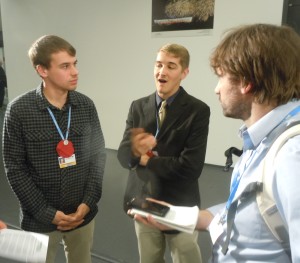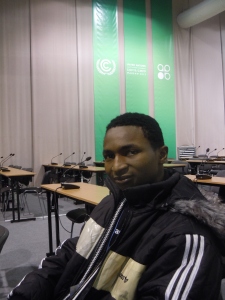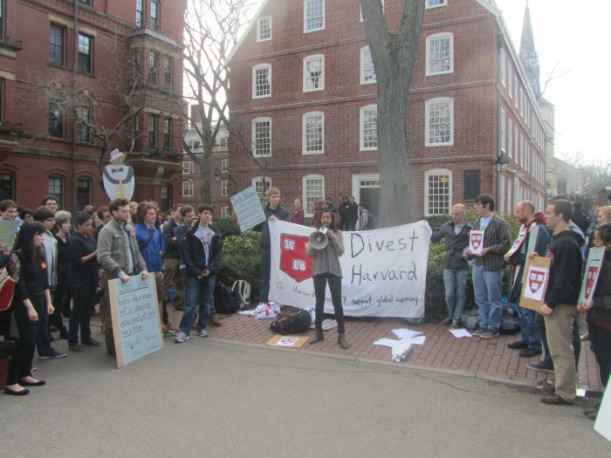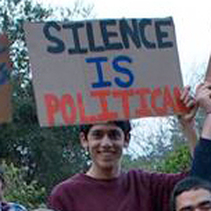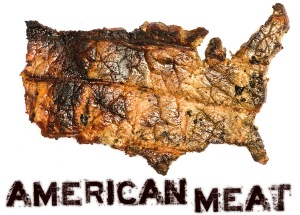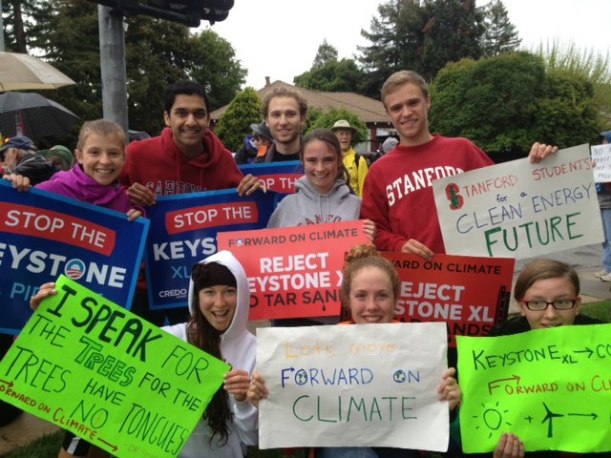Factual clarifications: As of Earth Day 2015, Yeb Saño is no longer the Climate Commissioner of the Philippines. Additionally, our comment about the COP process emerging from the IPCC AR1 is probably a little too simplistic and overgeneralized. Fast for the Climate Coordinator, David Tong aptly noted that the COP process emerged from the Rio Earth Summit (1992). Both the Rio Earth Summit and the IPCC AR1 came from the World Climate Conferences.
Climate change in the news again… It comes up in the periphery during record droughts in California or large weather events like super-typhoon Haiyan in late 2013, as well as directly during the Obama Administration in announcements like the bilateral cooperation on climate change between the US and China. Climate change resurfaces in the mainstream media from time to time. The elephant in the room is perhaps that the international community cannot seem to agree on a unified way to address climate change.
The United Nations Framework Convention on Climate Change (UNFCCC) is the international body tasked with convening state leaders to discuss, negotiate, and ultimately produce binding global agreements or treaties. But why have we surpassed the 20th Conference of Parties (December 2014), and why has this been going on for over 20 years? What about the voices of those not in the UN, or those who do not negotiate in these sessions?

Interior of Warsaw National Stadium during the Conference of Parties 19, before an NGO action, photo by Adam Pearson
I attended COP19 in Warsaw in 2013 as a SustainUS delegate (and in stealth-mode Green Grid Radio Producer), and this week’s episode presents some of the stories of those in civil society who seek to enact change in the UNFCCC process through a human approach. Featured is the work of negotiator trackers in the “Adopt a Negotiator” initiative, which aims to paint a personal face on the negotiators. And we hear the story behind “Fast for the Climate,” the narrative of solidarity (and spiritual cleansing) in response to the devastating Typhoon Haiyan.
Philippines negotiator Yeb Saño, who started the fast, has since become a major force in advocating for climate action, while the Fast for the Climate continues as a global movement, tying environmental justice, faith-based, and activist groups together.
Listen here:
Hosted by Adam Pearson and Mallory Smith, produced by Adam Pearson, and co-produced by Diane Wu. Our guests this episode include Colin Rees, Lucas Burdick, Anita Raman, Ryan Madden, Lidy Nacpil (Jubilee South Asia/Pacific), and Hamzat Lawal. Further resources include:
- Audio Coverage of African NGOs denied from Warsaw (used in piece), courtesy of PAMACC news Africa blog.
- Commissioner Yeb Saño’s opening address at COP19 in Warsaw, 2013 (used in piece)
- [Earth] (students from College of the Atlantic who participate in the UNFCCC processes; one member featured in piece)
- “Knowledge Packages” from the Climate Policy Info Hub – digestable posts covering the history of climate policy (via EU FP7 project, POLIMP)
- Official outcomes from Warsaw (COP19) negotiations (UNFCCC),
- Official outcomes from Lima (COP20) negotiations (UNFCCC),
- President George W. Bush on climate change and Kyoto Protocol, 2001 (used in piece)
- Study by Cornell University researchers on developing countries vs. developed countries’ emissions and “break-even point” (Ward, D.S., and N.M. Mahowald. 2014. Environ. Res. Lett. 9 (2014) doi:10.1088/1748-9326/9/7/074008),
- SustainUS (youth NGO for sustainable development; members featured in piece)
- Yeb Saño, the climate justice superstar (via The Guardian),
- Yeb Saño stays home during Peru negotiations to support community during 2014 tropical storm (via Mashable)
- Grandma Got STEM (thanks to Producer Diane Wu for calling me out on the “explain it to a grandmother” stereotype that I unwittingly perpetuated in this episode)
Music in this episode (via the Free Music Archive) from: James Blackshaw, Podington Bear, The Augustus Bro Gallery Six, High Places, Keinzweiter
Make sure to subscribe to our podcast in the iTunes store, if you haven’t done so already.

